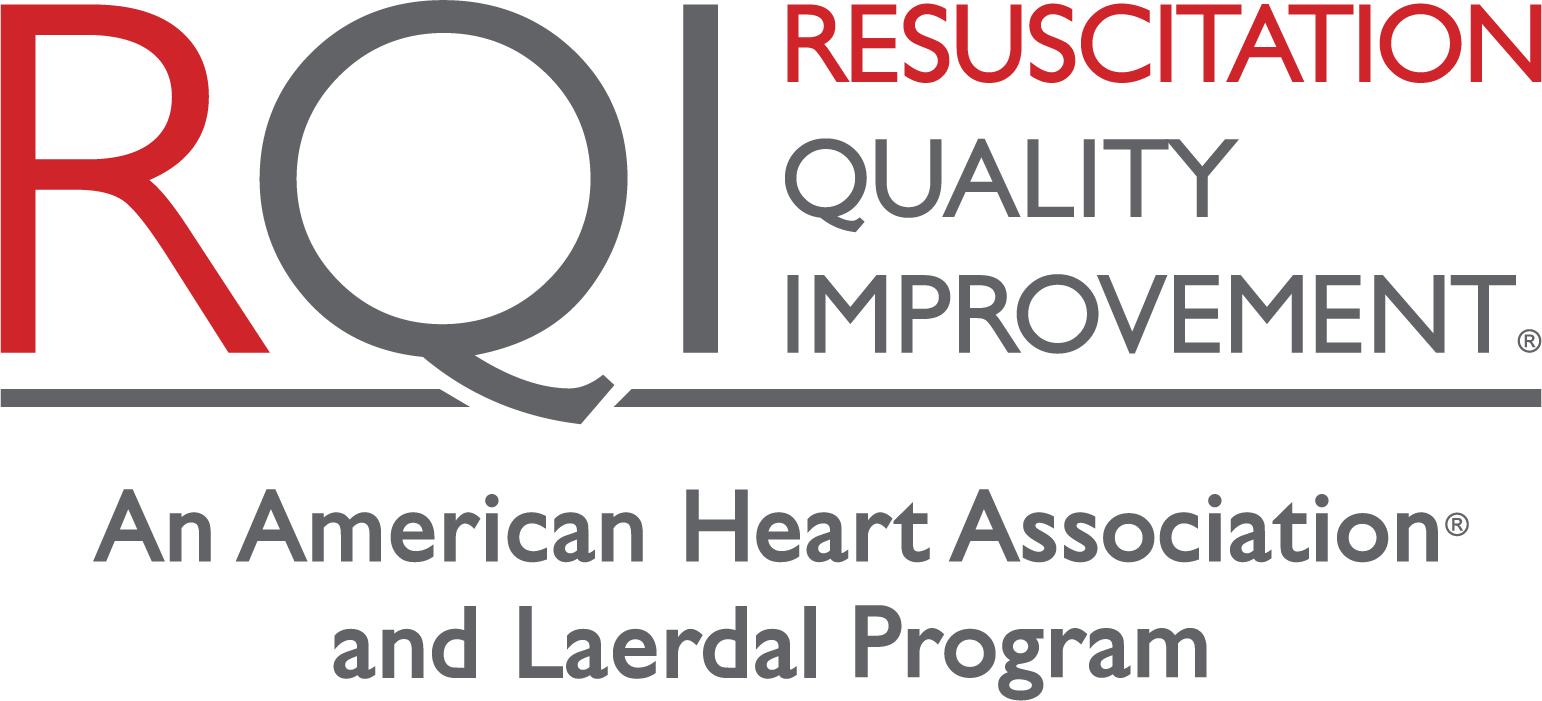The American Heart Association recognizes the importance of utilizing a biofeedback device for CPR training to improve performance, as assessing high-quality CPR by sight-alone is difficult. Additionally, CPR training every ...
Despite advances in resuscitation science, cardiac arrest remains a leading cause of death in the U.S. with traditional CPR training leading to skills decay within 3 months. Healthcare providers must ...
CPR, the cornerstone of cardiac arrest management, is a competency for nurses and nursing students to master and retain. However, providers experience skills decay rapidly within weeks to months after ...
In the United States, nearly 290,000 hospitalized patients suffer in-hospital cardiac arrest each year. The knowledge retention and ability to perform high-quality CPR is critical. Traditionally, the focus of CPR ...
Each year in the U.S., more than 600,000 people experience cardiac arrest, with approximately 290,000 occurring in the hospital. Although CPR renewal occurs every 2 years, the quality of CPR ...
While effective chest compressions are the foundation of resuscitation efforts and significantly positively influence outcomes, the quality of compressions provided by healthcare providers is poor. International consensus is to provide ...
Each year in the United States, approximately 292,000 adult patients suffer an in-hospital cardiac arrest (IHCA) with significant variation in their survival rate. This study identifies four themes related to ...
Study demonstrates that repeated simulation training improves call processing skills and reduces time to T-CPR in simulated call scenarios, and may improve the recognition of the need for T-CPR in ...
Study demonstrates that skills stations providing feedback are a feasible tool for required frequent retraining and retraining when compared to instructor-led formats. CPR skills performance for hospital nurses using a ...
Study demonstrates that a structured training program with deliberate practice (frequent and structured practice to improve performance) using real-time feedback improves the acquisition of CPR skills and the retention of ...
